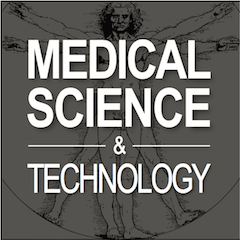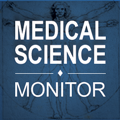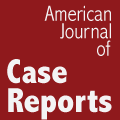Religiosity as a symptom of selected neuropsychiatric disorders
Łukasz Okruszek, Kasper Kalinowski, Monika Talarowska
Med Sci Tech 2013; 54:136-140
DOI: 10.12659/MST.889623
Available online: 2013-09-20
Published: 2013-09-20
Despite the fact that religion and spirituality are objects of growing interest of modern neuroscience and the activity of various neural structures has been linked to religious experiences, religious symptoms of neuropsychiatric disorders are still receiving minimal attention in modern psychiatry.
There is a solid evidence of religious symptoms in epilepsy, which was recognized as a “sacred disease” by the ancient Greeks. Both ictal and postictal religious manifestations have been observed in patients with temporal lobe epilepsy (TLE) and increased trait-like religiosity is one of the characteristic features of the Geschwind-Gastaut syndrome, which is alleged to be found in patients with TLE.
Delusions with religious content (DRC) are found in a significant cluster of patients with schizophrenia (ca. 20–40% of patients in most Western societies). DRC have been observed to be a highly culturally bound and diagnostically demanding symptom of schizophrenia, which may be associated with worse treatment adherence and self-harm incidents in patients.
In this paper, we summarize the evidence of religious symptomatology and its impact on diagnosis, symptoms, treatment, and outcome of 2 selected neuropsychiatric disorders: epilepsy and schizophrenia.
Keywords: Epilepsy, Schizophrenia, Religion



